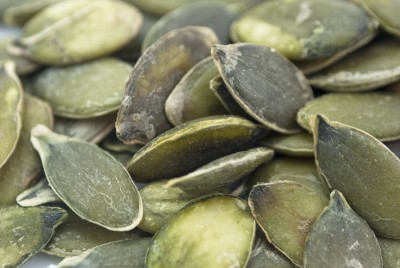
Raisins
Raisins – Nutritional Profile
Raisins are dried grapes and contain most of the nutrients of the original grapes. They are a good source of energy, vitamins and electrolytes By weight raisins contain between 67 – 72% sugars and are high in anti-oxidants but lower in vitamin C than fresh grapes.
A 100g portion of raisins contains 249 calories, 79g of carbohydrates, 4gb of dietary fibre, 59g sugars (fructose and glucose) and 3g of protein. It also contains 2.3g of vitamin C, 0.12g of Vitamin E and 3.5mcg of Vitamin K. B group vitamins are also found with 0.106mcg of thiamine, 0.125mcg riboflavin, 0.766mg of niacin, 0.174mg of vitamin and 5mcg of folate.
They also contain a good selection of trace elements and minerals including calcium (50mg), iron (1.88mg),magnesium (32mg), phosphorus (101mg), potassium (749mg), sodium (11mg), Zinc (0.22mg), copper (0.318mg), manganese (0.299 mg) and selenium (0.6mcg).
RAISINS – Health Benefits
Among the many general health benefits of eating fruit such as raisins research has identified some specific health benefits that are of note.
Phenols are frequently found in fruit and Have frequently been shown to prevent damage to cell structures caused by oxygen based activity. Such antioxidant benefits can be considered to reduce the risk of certain types of cancers.
A lower risk of osteoporosis in women has also been identified as a result of the quantities of boron found in raisins. Studies have shown how boron serves to replace many of the effects of oestrogen in postmenopausal women, the most significant being its ability to slow down bone degradation.
Recent studies have also shown that it is more beneficial to eat three portions of fruit a day rather than rely upon vegetables such as carrots. Age Related Macular Degeneration was shown to be significantly lower, by up to 36% in adults who ate three portions of fruit a day.
Phytonutrients, in particular olenic acid are known to be excellent at promoting good oral health with healthy gums and teeth.
Raisins are quite high in calories and as they are very low in fat content make a good addition to any diet where weight gain is a goal
They are also an effective relief from constipation. The fibre, that is dried out will absorb water in the colon and help solve the problem.
They contain a high proportion of iron and as such are a useful dietary supplement when anemia needs to be treated.
Polyphenic phytonutrients present in raisins have both anti-inflammatory and anti-bacterial properties which makes them useful for lowering fevers by killing the bacteria causing problems.
Raisins also contain a polyphenolic antioxidant called catechin which is an effective blocker of the process leading free radicals to cause cancer cells to grow.
Raisins – Product History
Raisins are dried grapes and are produced in many parts of the world. As they are dried most of the nutrients are retained with the exception of some of the Vitamin C which is degrades very quickly without drying.
Traditionally grapes are air or sun dried to produce raisins but drying technologies now cater for the massive volume of the fruit that is required to meet demand.
As food source they are sold under multiple names, raisins, sultanas and currants. They are all varieties of the same fruit, differing in size and colour.




